Bottles and Jars
Miniplast has a sister company – Gil Pack – that specializes in the production of plastic packaging for the pharmaceutical, food and cosmetics industries. In addition, Gil Pack specializes in injecting plastic into the medical field and medical equipment. We invite you to enter the Gil Pack website, browse the catalog and be impressed by a variety of jars and plastic bottles, lids and gaskets of various types (including protected lids for children), complementary products and more, including products in production and customization.
For the bottles and jars catalogue, click here

 10ml measuring Cup
10ml measuring Cup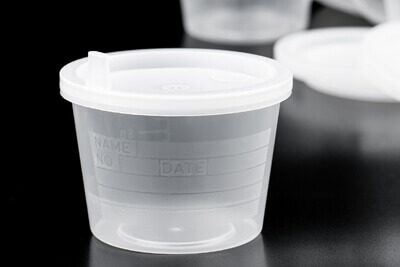 100 ml scaled Specimen Cup
100 ml scaled Specimen Cup 200 ml Sterile Specimen Cup
200 ml Sterile Specimen Cup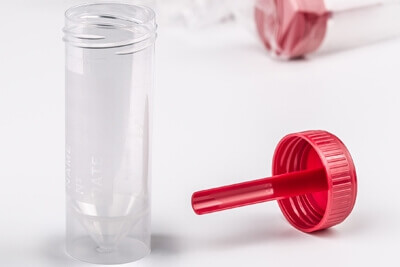 30 ml Specimen cup
30 ml Specimen cup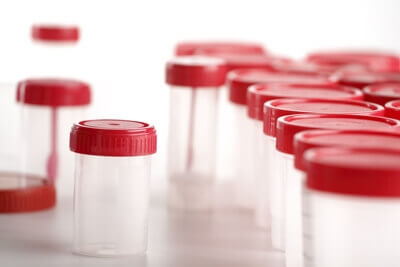 60 ml Specimen cup
60 ml Specimen cup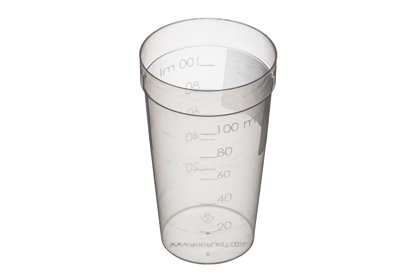 Polypropylene Titration cup 100ml
Polypropylene Titration cup 100ml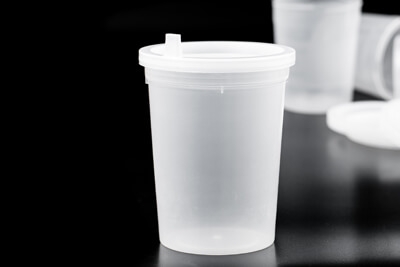 200 ml Specimen cup
200 ml Specimen cup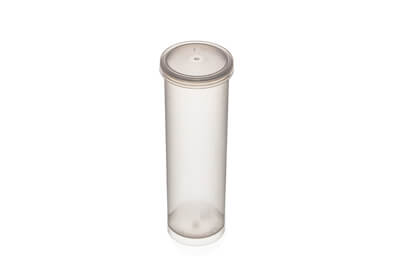 Milk test tubes
Milk test tubes 24 hour Urine Collection Containers
24 hour Urine Collection Containers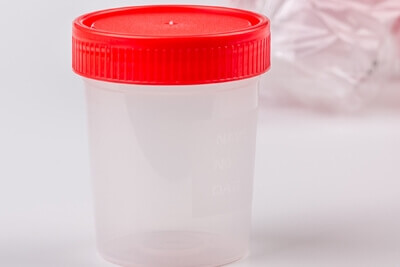 Urine Specimen Cups
Urine Specimen Cups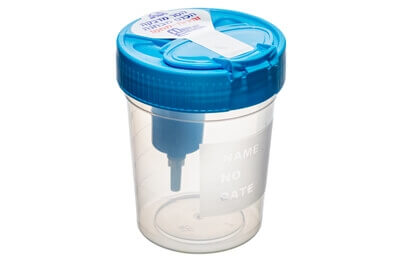 Urine Collection Cup + Cap with Two Openings
Urine Collection Cup + Cap with Two Openings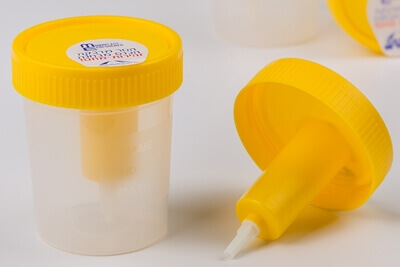 Urine Collection Container - Vacutainer
Urine Collection Container - Vacutainer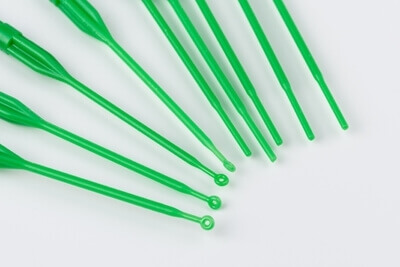 QuadLoop 1 uL & Needle end
QuadLoop 1 uL & Needle end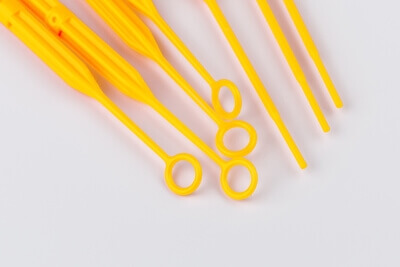 QuadLoop 10 uL & Inoculating needle end
QuadLoop 10 uL & Inoculating needle end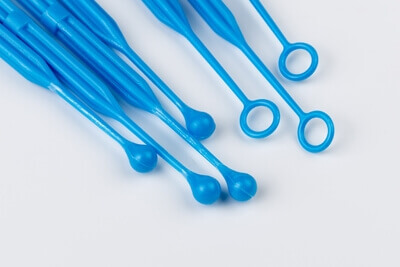 QuadLoop 10 uL & Sphere end
QuadLoop 10 uL & Sphere end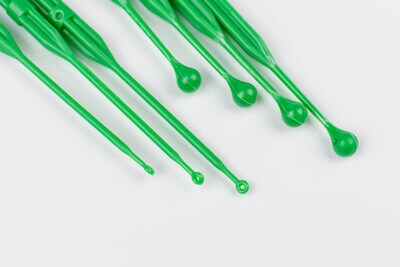 QuadLoop 1uL & Sphere end
QuadLoop 1uL & Sphere end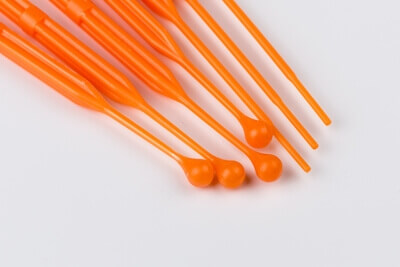 QuadLoop Needle & Sphere end
QuadLoop Needle & Sphere end Sterile Cell spreaders, Drigalski spatulas
Sterile Cell spreaders, Drigalski spatulas 15 ml Centrifuge Tubes
15 ml Centrifuge Tubes 30 ml Transparent PS Tubes
30 ml Transparent PS Tubes 50 ml Centrifuge Tubes
50 ml Centrifuge Tubes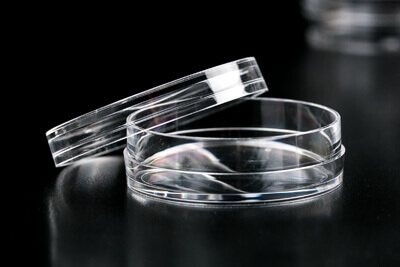 Petri dishes 50 mm (55x14.2)
Petri dishes 50 mm (55x14.2) Petri dishes PS 90 mm diameter (90X15)
Petri dishes PS 90 mm diameter (90X15)














